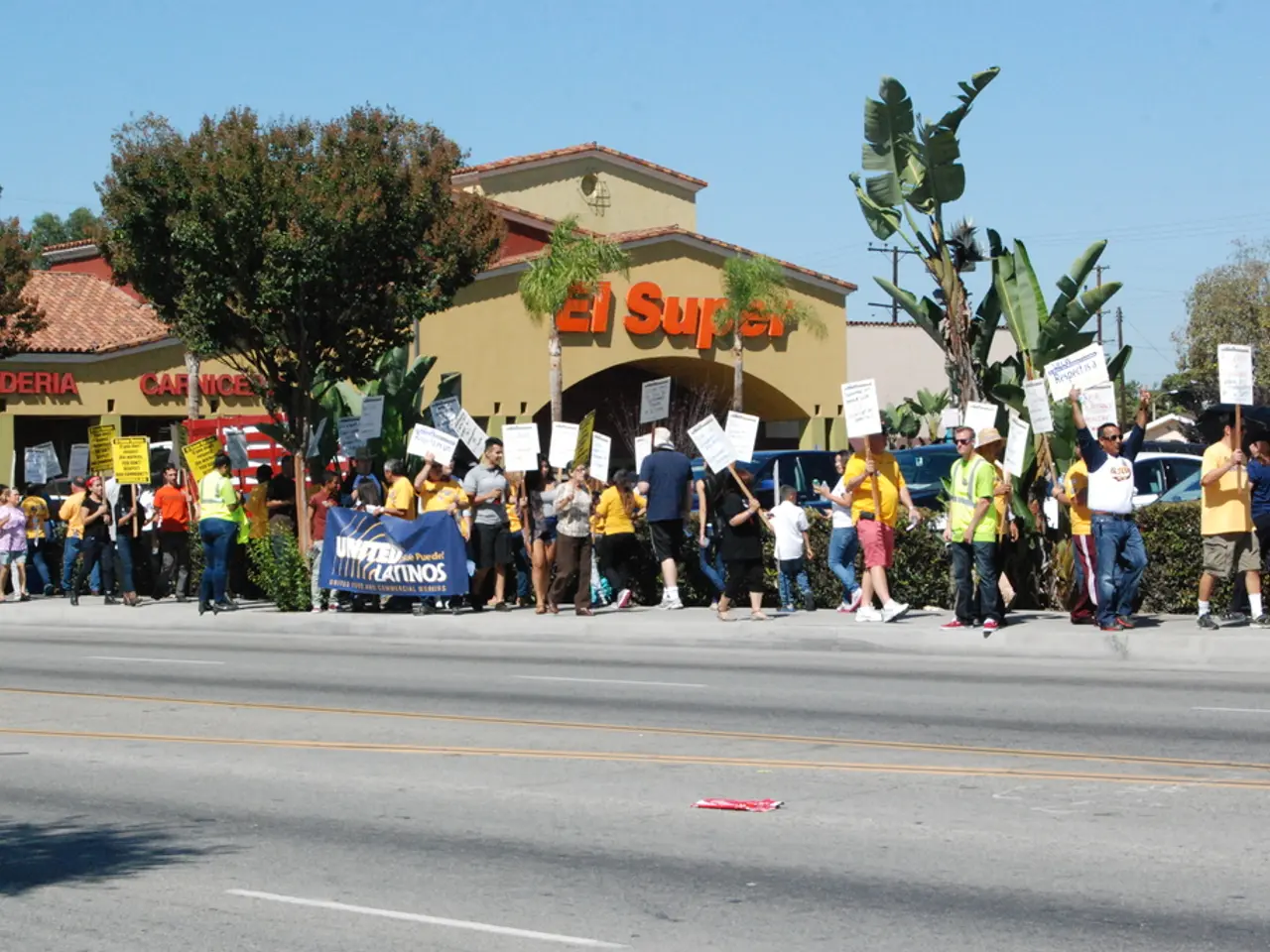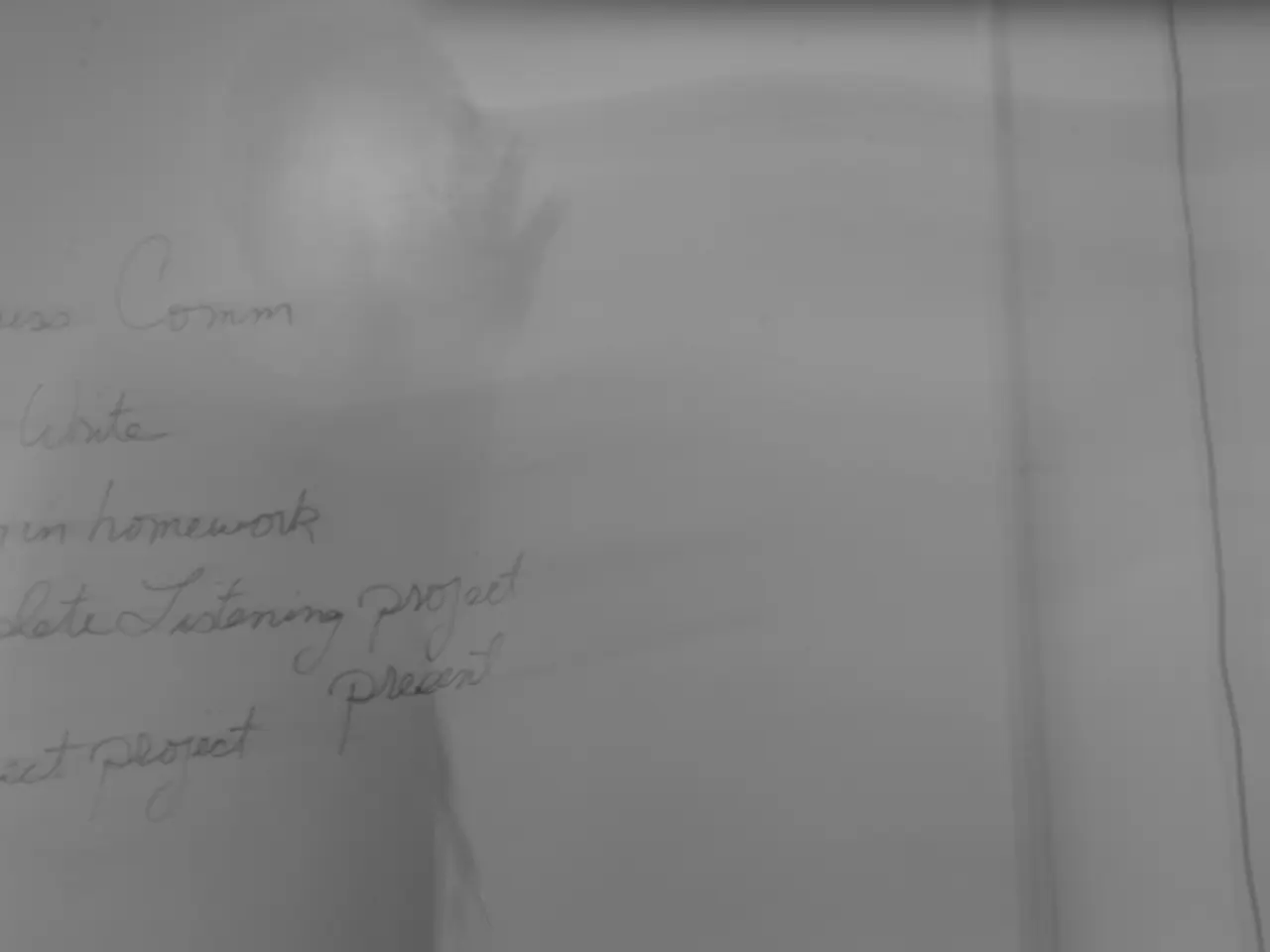Military operations initiated against Latin American drug cartels, as confirmed by sources, at Trump's directive
In a significant move, President Donald Trump, in his second term, has directed the Pentagon to prepare military options to use force against Latin American drug cartels, including Mexican and Venezuelan organizations designated as foreign terrorist organizations (FTOs).
On January 20 of this year, the White House designated specific Latin American criminal groups—including several Mexican cartels and the Venezuelan Tren de Aragua—as FTOs. This designation facilitates using counterterrorism tools against them. The Treasury Department additionally sanctioned Venezuela’s Cartel de los Soles as a Specially Designated Global Terrorist entity, linking it directly to the Maduro regime and accusing it of materially supporting foreign terrorist organizations.
The Trump administration has also been specifically targeting Venezuelan and Mexican organizations. The State Department designated Tren de Aragua, Mara Salvatrucha (MS-13), and several other organizations as FTOs in February. The DEA has seized 30 tons of cocaine linked to Maduro and his associates, with nearly seven tons linked to Maduro himself.
Attorney General Pam Bondi stated that Venezuelan President Nicolas Maduro uses foreign terrorist organizations like Tren de Aragua (TdA) and Cartel of the Suns to bring deadly drugs and violence to the U.S. The seized cocaine represents a primary source of income for the deadly cartels based in Venezuela and Mexico.
The military directive signed by Trump gives the Pentagon authority to conduct military operations abroad—on land and at sea—targeting these designated cartels. This marks a significant escalation from prior drug enforcement efforts, signaling an active willingness to deploy military force overseas. However, no deployment or specific operations have been publicly confirmed, and the timeline remains unclear.
Mexico firmly opposes U.S. military intervention on its soil. President Claudia Sheinbaum has publicly rejected the prospect of U.S. military forces operating in Mexico, emphasizing cooperation and intelligence sharing but ruling out invasion or direct military action in Mexican territory.
The administration's actions come amidst broader concerns related to drug trafficking and migration. The Trump administration has also deployed some National Guard and Marines domestically to assist with immigration enforcement related to border security.
The Department of Justice (DOJ) and the State Department are offering a $50 million reward for information leading to the arrest of Venezuelan President Nicolas Maduro. The current status is that President Donald Trump, in his second term, has authorized the U.S. for potential military intervention against key Latin American drug cartels officially labeled as terrorist organizations, with a focus on intelligence-driven and targeted actions abroad. However, actual military operations have not begun, and concerns about sovereignty and legality are prominent among neighboring countries, particularly Mexico.
Politics surrounding war-and-conflicts have intensified as President Donald Trump, in his second term, authorizes the Department of Defense to prepare military options against key Latin American drug cartels, such as Mexican and Venezuelan organizations, which have been labeled as foreign terrorist organizations (FTOs). This general news story follows the Trump administration's designation of certain criminal groups as FTOs, including the Tren de Aragua and Cartel de los Soles, which have been linked to the Maduro regime and accused of materially supporting foreign terrorist organizations. The war-and-conflicts and crime-and-justice issues have led to the potential use of military force, a significant escalation from prior drug enforcement efforts, and have sparked concerns about sovereignty and legality among neighboring countries, particularly Mexico.






